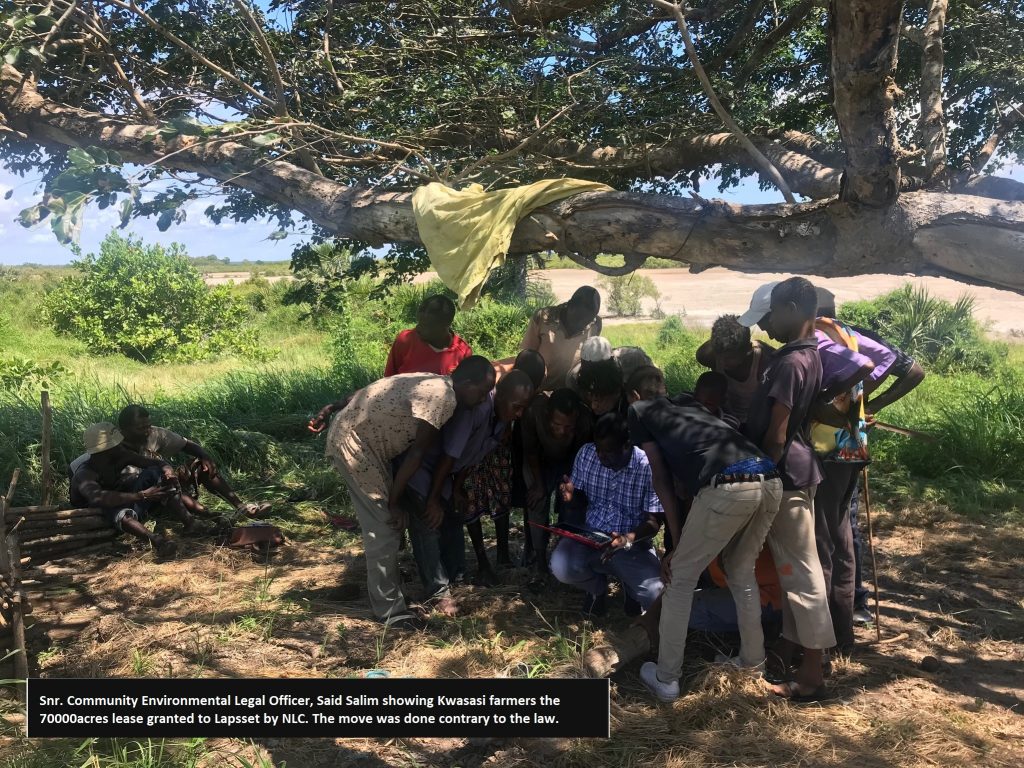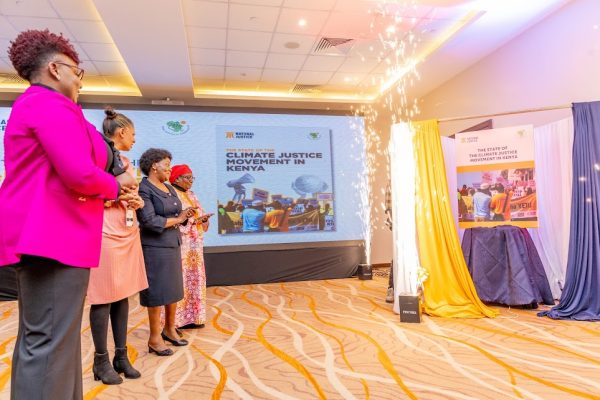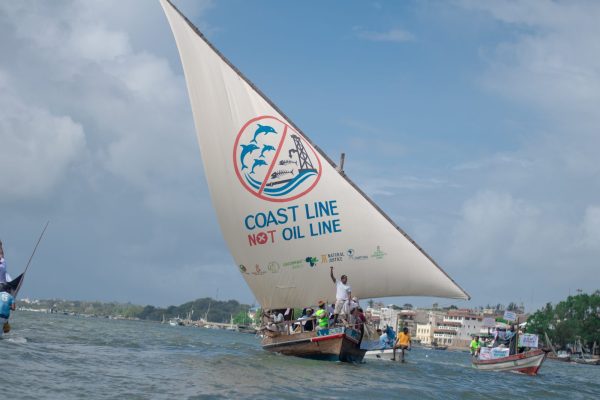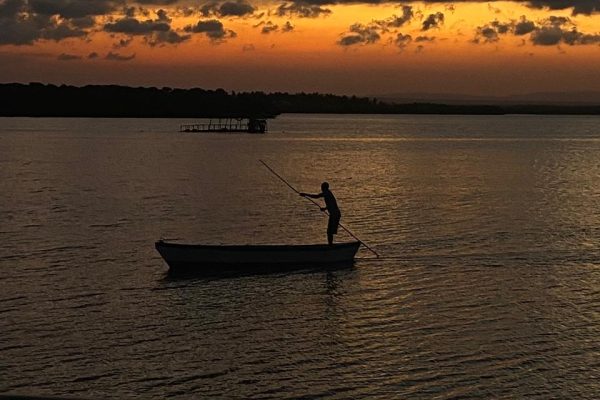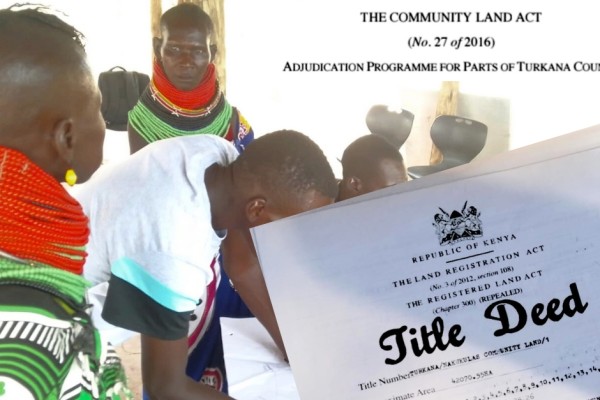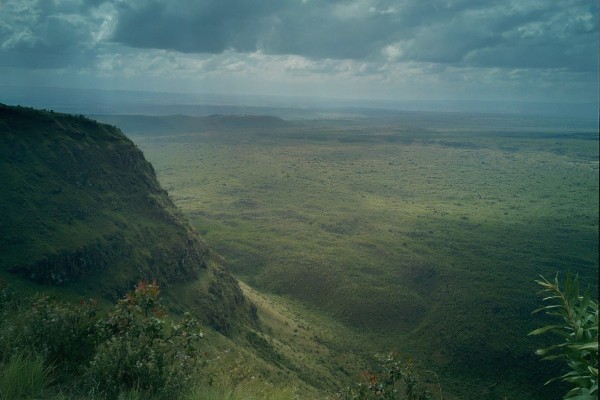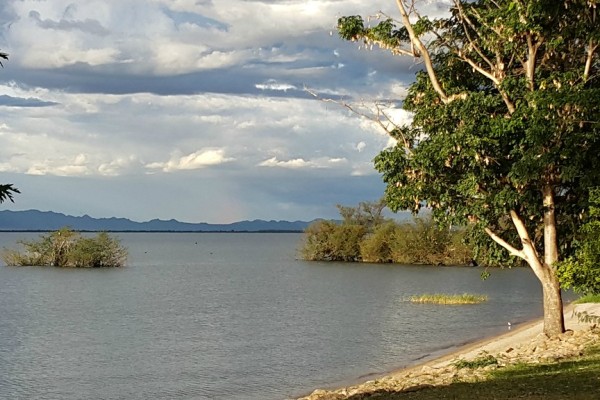Four months ago, when we ushered in a new year, nobody imagined a pandemic would hit the world in such a way that people’s humanity would be put to the test. In some countries, people have been reduced to fighting over toilet paper, while back in Africa in the countries we work in, our work has become more critical as we face the spread of the COVID-19.
Early in March, the World Health Organization (WHO) announced that COVID-19 was officially a pandemic following 20 000 confirmed cases and almost 1000 deaths in the European region at the time. Unfortunately, more deaths have followed since that announcement but more recoveries have also taken place. Over 1.3 million people have recovered from this pandemic against 300,000 deaths by 13th May, The Guardian reports.
With economies taking a strain and companies including non-profit organizations downsizing, it might come as a surprise that we’re still hiring. Only this week we brought onboard three new young and energetic people to join our fellowship program. The program started in 2015 – at first targeting only young lawyers. It presented an opportunity to nurture them within the human rights and environmental justice space.
Later in 2018, we opened up the fellowship program to include young people studying environmental science and research, as the interconnectedness of the different disciplines became apparent to our work.
The objective was quite straight-forward; that they would shadow our staff and learn first-hand about the challenges experienced by communities we work with – whether it’s a community being evicted from their ancestral land, a hotel grabbing public beach space or a company dumping waste unlawfully – the fellows would listen to these injustices and learn how to help the communities come up with their own solutions and apply legal tools to find lasting remedies.
It’s the hours these fellows spend analysing cases from communities and helping them write access to information letters in accordance with the Access to Information Acts of the countries we’re working in, or knocking at the important doors to seek answers about Environmental Impact Assessments (EIA), that eventually make them such passionate and driven individuals in society.
Since we started the fellowship program, at least ten people have graduated and all of them have proceeded to pursue thriving careers with the communities at the centre of their work. The first two fellows that pioneered the program currently work with us as Senior Program Officers working across all programs.
It brings us pleasure to see them guiding younger lawyers, environmentalists, and researchers on the same path they had taken a few years earlier. These “old-timers” were recently joined by another Fellow who became our Program Officer after showing a passion working with communities.
Some of our alumni from this program now work with organizations like Friends of Lake Turkana (FoLT), an organization focused on community-interest advocacy. Others have moved on to international organizations like the United Nations (UN) working in projects that are about communities and how to empower communities to become self-sufficient.
We take time to share about this fellowship program because, in times like these, it’s easy to get cynical and feel hopeless. We believe if we remain consistent in helping communities access justice during this time, we too become frontline workers.
As an African organization, we’ve seen the situation compounded in the communities we work in because of systemic marginalization that has resulted in extreme poverty in regions furthest from the capital cities. This has meant that the majority of communities in far-flung regions have no access to basic water which has become a priority commodity as constant washing of hands and personal hygiene helps in prevention of the spread of the virus. Not to mention how access to justice has become much harder for these communities.
We feel that our work is cut out for us in these uncertain times. The writing on the wall is that coronavirus is going to be with us for a while and we’re not going to retreat and adopt a wait-and-see approach – not when there’s a chance for communities to understand the legal tools at their disposal and use them effectively even as the frontline workers help them contain this virus.
This pandemic has indeed revealed the worst and best of humanity. We shall remain generous with our actions until all the communities we work with are able to assert their rights in all the African countries we’re working in.

